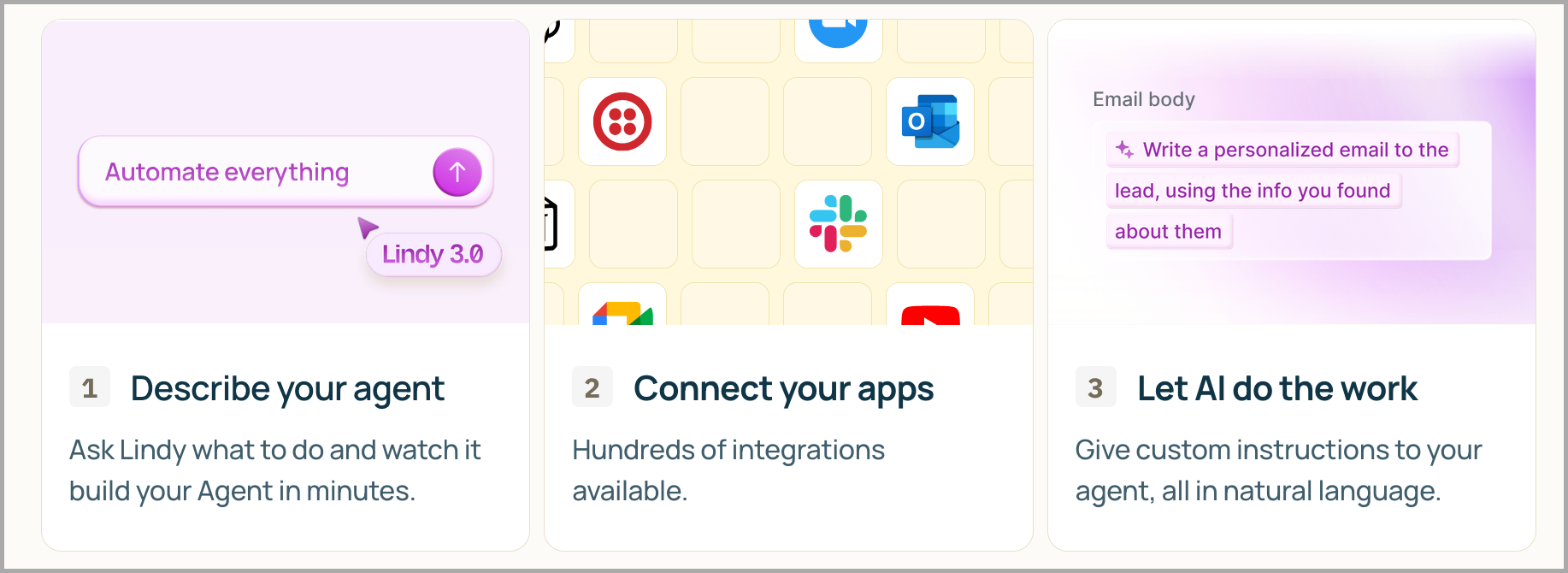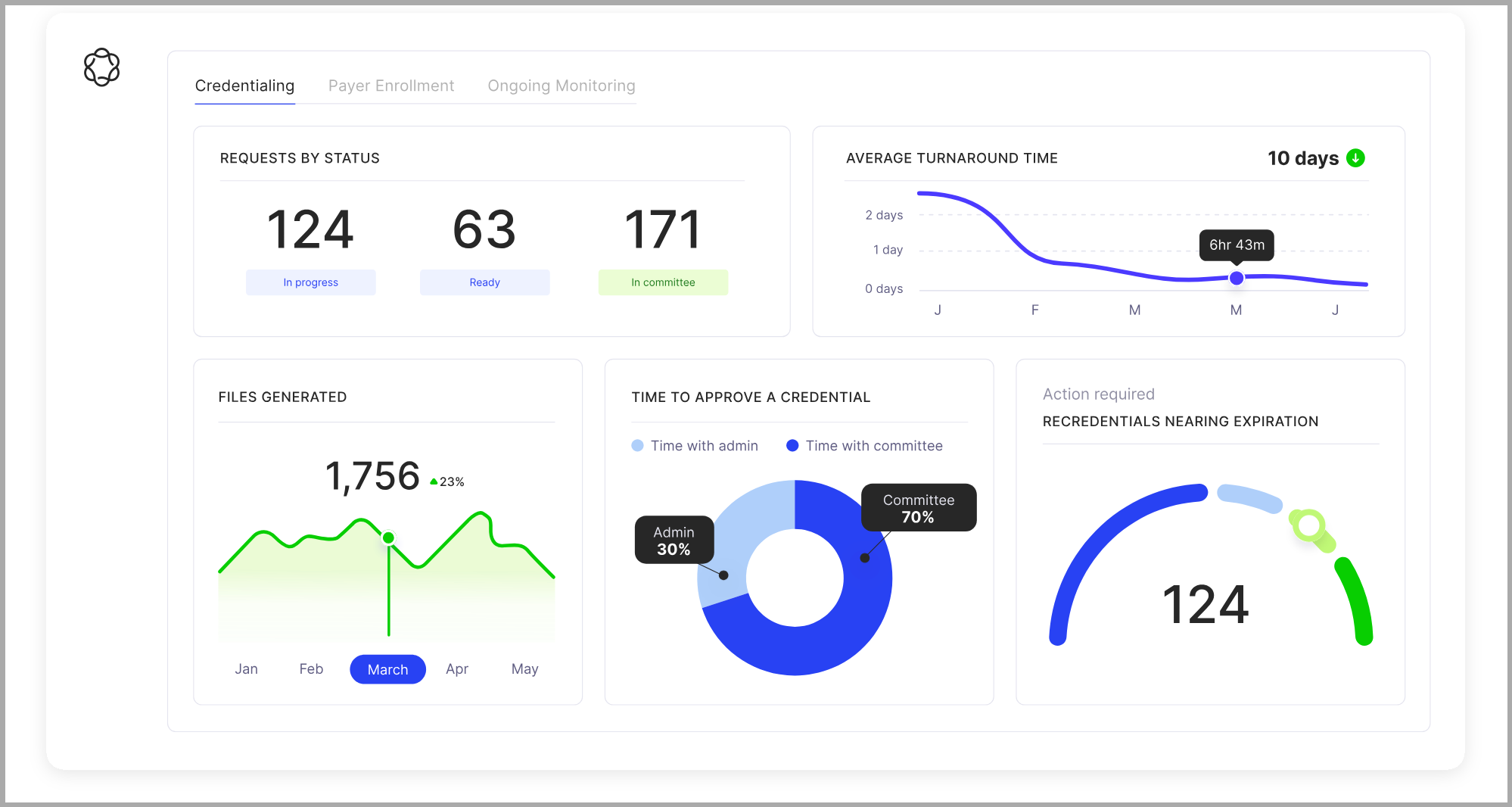Good Morning from San Francisco,
China threw the world's first robot olympics. 280 teams showed up. The robots ran 100 meters in 33 seconds. Humans do it in 9.58. Soccer bots collapsed in piles. Kickboxing bots whiffed their punches. China spent $139 billion for this performance.
Meanwhile, Margaret Boden, a pioneer of cognitive science, died at 88. Back in 1998, she nailed AI's fundamental flaw: machines generate brilliantly but evaluate poorly. ChatGPT cites fake court cases. Academic systems produce elegant nonsense. Boden saw this coming 26 years ago.
Two stories. Same lesson. We build impressive things that stumble over basic tasks. Progress comes with fine print attached.
Stay curious,
Marcus Schuler
China hosts first humanoid robot olympics

China's inaugural World Humanoid Robot Games concluded with 280 teams from 16 countries demonstrating advancement and persistent limitations.
The Beijing competition served as showcase and stress test for China's $139 billion robotics investment.
Unitree dominated track events—robots completed 100 meters in 33.71 seconds versus human records of 9.58 seconds. Soccer robots clustered into scrums and toppled collectively. Kickboxing robots struggled connecting with targets.
The competition reflects Beijing's technology fund targeting demographic pressures from aging. International participation created bidirectional intelligence flows—teams shared research while observing rivals' capabilities in competitive settings.
Why this matters:
• Timeline reality check: Humanoid robots excel at structured tasks but remain years from deployment, requiring calibrated expectations
• Strategic transparency: Public demonstrations signal progress while revealing development constraints to competitors, reshaping global competition

AI Image of the Day

Prompt:
record weight spinning on vinyl on a turntable beside a high-end mixer surface reflecting soft club lighting reflections of glowing pads on brushed metal tones: warm black, subtle silver accents, amber light background: DJ hands slightly blurred style: analog 35mm photo, slight motion blur, visible film grain mood: analog warmth, product in context camera: wide crop with product in focus
Margaret Boden's 1998 insight explains ChatGPT's evaluation problem

Margaret Boden died July 18 at 88, having predicted in 1998 that AI would excel at generating ideas but struggle with evaluation—exactly the dynamic now plaguing ChatGPT and other large language models.
The cognitive science pioneer admitted she "couldn't cope with computers" yet became a leading AI philosopher by studying minds rather than machines.
Her Artificial Intelligence paper identified the structural gap between creation and curation that defines contemporary AI failures. Legal systems receive citations to nonexistent cases, academic platforms generate sophisticated misinformation, and content systems produce plausible fabrications requiring human verification.
Boden co-founded Sussex University's cognitive science program in 1974, training generations of researchers while developing frameworks that bridge psychology, philosophy, and computing. Her three-part creativity model—combinational, exploratory, transformational—highlighted evaluation as the persistent computational bottleneck.
Why this matters:
• AI development follows her predicted asymmetry: generation capabilities advance faster than evaluation mechanisms, creating systematic quality control challenges
• Her framework suggests effective AI deployment requires human oversight and accountability metrics rather than expecting improved training to solve evaluation problems

🧰 AI Toolbox
How to Build AI Agents That Automate Your Business Tasks

Lindy.ai lets you create custom AI agents that handle repetitive work across your business tools. Connect with 3,000+ apps like Gmail, HubSpot, and Slack to build AI workers that operate 24/7 without coding.
Tutorial:
- Go to the Lindy.ai website
- Choose from pre-built templates or create a custom AI agent with simple prompts
- The AI builds your agent and connects it to your existing business tools
- Set triggers and actions for when your agent should activate and what it should do
- Test your automation and customize the agent's responses using natural language
- Deploy your AI agent to work continuously, handling tasks like email replies and lead qualification
- Scale by creating multiple specialized agents that work together on complex workflows
AI & Tech News
Meta cuts display glasses price to $800
Meta slashed the price of its upcoming Hypernova display glasses to around $800, down from an expected $1,000-$1,400, with the device launching next month featuring a small screen on the right lens. The pricing cut signals Meta's willingness to accept lower margins to build early adoption in the emerging smart glasses market, potentially forcing competitors to follow suit or risk losing ground.
EU blocks US push on digital rules in trade talks
The EU and US remain deadlocked over their July trade deal's joint statement, with Brussels refusing American demands to weaken the Digital Services Act that forces Big Tech companies to police their platforms more aggressively. The dispute has also delayed Trump's promised executive order cutting EU car tariffs from 27.5% to 15%, as the US ties tariff changes to finalizing the broader agreement that was supposed to be signed weeks ago.
OpenAI stockpiles Democratic operatives while Silicon Valley goes right
OpenAI hired over half a dozen Democratic political insiders in the past year—from Clinton crisis manager Chris Lehane to Kamala Harris confidant Debbie Mesloh—bucking Silicon Valley's Republican pivot. The Democratic hiring spree reflects OpenAI's $20 billion gamble that California's attorney general will approve its nonprofit-to-profit restructuring by year-end, potentially reshaping how tech companies navigate home-state politics versus federal influence.
Palantir alumni launch 350+ companies worth billions
Palantir alumni have started or led over 350 tech companies with at least 12 valued above $1 billion, including Anduril at $30.5 billion and Peregrine at $2.5 billion. The network's "forward-deployed engineering" approach—where engineers embed directly with clients to solve problems—has become a systematic training ground for founders who can handle complex, unglamorous industries that traditional Silicon Valley avoids.
Foxconn to run SoftBank's Ohio AI server plant
SoftBank will acquire Hon Hai's electric vehicle plant in Ohio while the Taiwanese company continues operating the facility after converting it to AI server production for the $500 billion Stargate venture. The arrangement gives SoftBank founder Masayoshi Son his first concrete manufacturing foothold in the stalled AI infrastructure project, potentially breaking the financing deadlock that emerged after US tariffs and cheaper AI alternatives complicated the business model.
CEOs push AI adoption while avoiding it themselves
CEOs are mandating company-wide AI adoption despite many never integrating the tools into their own workdays, prompting some leaders to require senior executives to build websites and create marketing videos during corporate retreats. The executive resistance creates a structural problem where only 20% of companies are scaling AI bets according to Bain, as top leadership delegates rather than demonstrates the technology they're pushing throughout their organizations.
Epic's 82-year-old CEO sets succession plan to block public sale
Epic Systems CEO Judy Faulkner has structured a succession plan that prevents the healthcare software giant from going public or being acquired after her death, with voting control transferring to a trust managed by family and longtime employees. The 82-year-old founder's plan ensures Epic maintains its private status despite controlling 42% of the U.S. hospital electronic health record market and generating $5.7 billion in annual revenue, potentially blocking the tech industry's largest IPO opportunity.
Russian hackers deploy AI to auto-steal Ukrainian files
Russian intelligence used AI-powered phishing attacks this summer that automatically searched Ukrainian computers for sensitive files to send back to Moscow, marking the first known case of spy agencies building malicious code with large language models. The escalation reflects a broader shift where skilled hackers on both sides are using AI tools to work faster, though cybersecurity experts say defenders currently have the advantage as long as free automated hacking tools don't become widely available.
Chinese podcasting hits 150 million listeners
Chinese podcasting exploded from 700,000 listeners five years ago to 150 million expected this year, with Tencent Music acquiring dominant platform Ximalaya for $2.4 billion in June. The surge creates what one media expert calls a "crowded public square" that's harder for Beijing to control than traditional media, as tens of thousands of grassroots producers discuss personal stories and societal issues while carefully avoiding censorship red lines.
Medallion launches credentialing clearinghouse after stealth build
Medallion launched CredAlliance, a national clearinghouse designed to eliminate duplicative doctor credentialing after signing up dozens of payers and getting five of the nation's 10 largest health plans to consider joining. The move could reshape a $1+ billion annual market where 4 million providers currently undergo 25 million separate credentialing processes with different insurers instead of sharing verification data.
Better prompting...
Today: Crafting a Monday Poem
Create a funny poem about Mondays that I can share with my coworkers to boost morale.
Focus on office-specific Monday struggles like endless emails, meetings, and the search for motivation.
Make it witty but workplace-appropriate, around 12-16 lines.
🚀 AI Profiles: The Companies Defining Tomorrow

Medallion
Medallion turns healthcare's paper nightmare into smooth automation. Derek Lo's 2020 startup tackles the licensing, credentialing, and enrollment mess that keeps doctors from seeing patients.
The Founders
• Derek Lo founded Medallion in San Francisco in 2020 after selling his YC-backed coding platform Py to Hired
• Company now employs 300+ people and serves nearly 1 million providers
• Mission: kill the redundant paperwork that slows healthcare to a crawl
The Product
• Provider network operations platform handling credentialing, licensing, payer enrollment, and compliance monitoring
• Claims 99.5% accuracy with NCQA-aligned processes and real-time tracking
• New CredAlliance clearinghouse aims to stop re-credentialing the same doctor for every health plan
• Serves 10% of US healthcare workforce across 300+ enterprise customers
The Competition
• Old guard: CAQH (the baseline everyone touches), VerityStream, symplr dominate hospital workflows
• New wave: Verifiable, CertifyOS, Axuall chase API-first automation
• Medallion straddles both worlds - full-service CVO work plus modern tech stack
• Clearinghouse play could reshape the entire market if it reaches critical mass
Financing
• Raised $130M total, latest $43M led by Acrew Capital in July 2025
• Backers include Sequoia Capital, GV, Spark Capital, Optum Ventures
• Forbes estimates $440M valuation with approaching $50M annual revenue
• Revenue suggests real traction beyond pilot programs
The Future ⭐⭐⭐⭐
Credentialing was a guardrail that became a speed bump. If Medallion's clearinghouse works, it becomes a freeway. Five of the top ten health plans are considering joining - that's momentum toward inevitable infrastructure. 🚀









